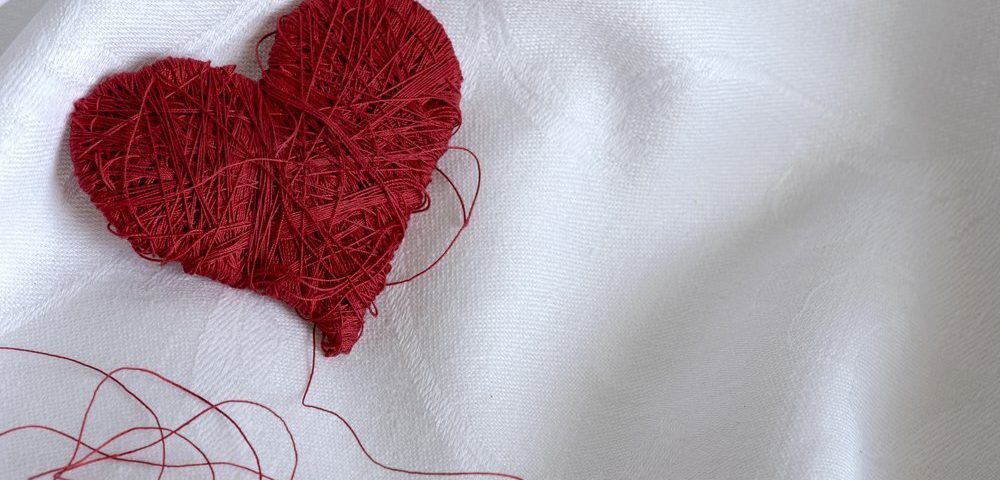WFH Takes This Year’s April 17 ‘World Hemophilia Day’ Campaign Online
Written by |

Due to the global COVID-19 pandemic, World Hemophilia Day (WHD) will be a little different this year to keep everyone safe. Still, there are multiple ways to participate in the April 17 event intended to increase awareness and understanding of hemophilia and other bleeding disorders.
Begun in 1989 and presented by the World Federation of Hemophilia (WFH), the international campaign highlights the importance of taking coordinated and concerted actions to achieve WFH’s vision of “Treatment for All.” Focusing on the entire bleeding disorders community, the theme this year is “Get+involved.”
Because of the pandemic, the organization wants supporters to stay at home and participate virtually. WFH suggestions include a robust social media presence, videos, e-learning, and online articles.
“Despite these challenges, we have no doubt about the strength and resilience of the bleeding disorders community,” the WFH stated on its website. “While the physical distance between us is larger than ever, let us not lose that vital connection to each other.”
One way to get involved is to write a patient or caregiver narrative for publication on the event website. Using the hashtags #WHD2020, #WorldHemophiliaDay and #LightItUpRed, participants also are encouraged to post about their bleeding disorder experiences on social media and across WFH’s platforms on Facebook, Twitter, and LinkedIn. Another suggestion is to “go live” on Facebook with a personal story.
A social media toolkit contains other ways to raise awareness, including using the WFH Facebook banner, and taking a selfie wearing red — the color for bleeding disorders — and posting it. Supporters also are asked to share the WHD official poster, as well as the WHD’s logo and other resources. Go here for suggestions about organizing a social media campaign.
The WFH is encouraging the community to browse Hemophilia World News articles about the organization and issues germane to the bleeding disorders community. In addition, an e-learning WFH video is available with answers about hemophilia, relationships, and intimacy. In addition, the organization is featuring its online “HemoAction” games for parents and educators.
WHD also helps illustrate the importance of the WFH Humanitarian Aid Program, which provides a range of integrated care development training efforts. The programs work to make sure that local infrastructures and expert medical care are available for the optimal use of donated products. A video about the Humanitarian Aid Program is available here.
The WFH also is calling attention to its Global Alliance for Progress program, which was developed to improve diagnosis and treatment of people with bleeding disorders by closing the gap in care between developed and developing countries.
For more information about how to stay safe and engaged on World Hemophilia Day, contact Erika Laincy, WHF’s marketing and communications manager, at [email protected].


